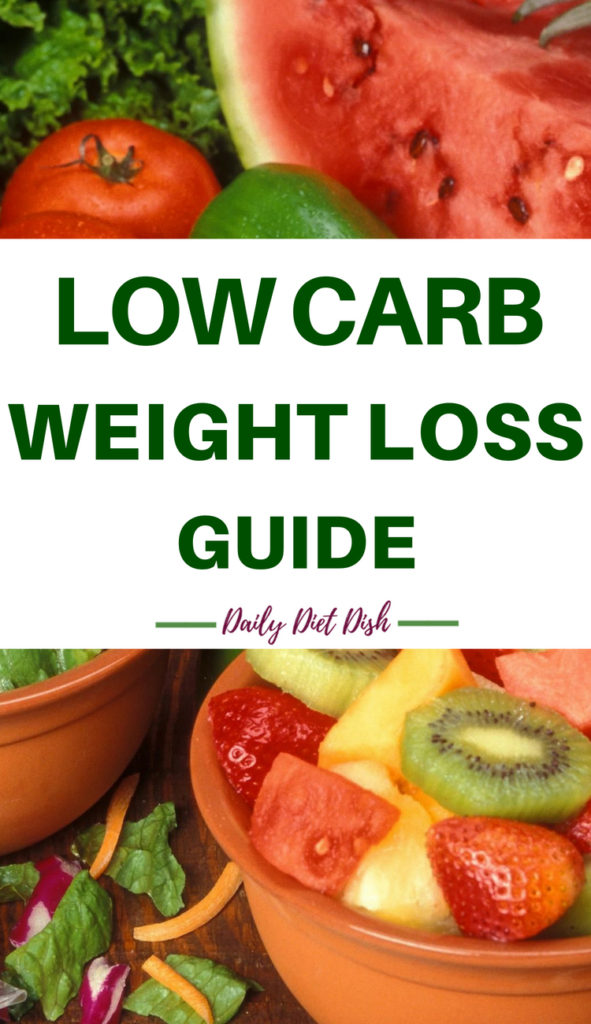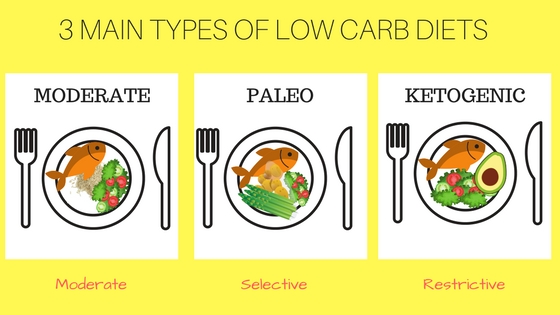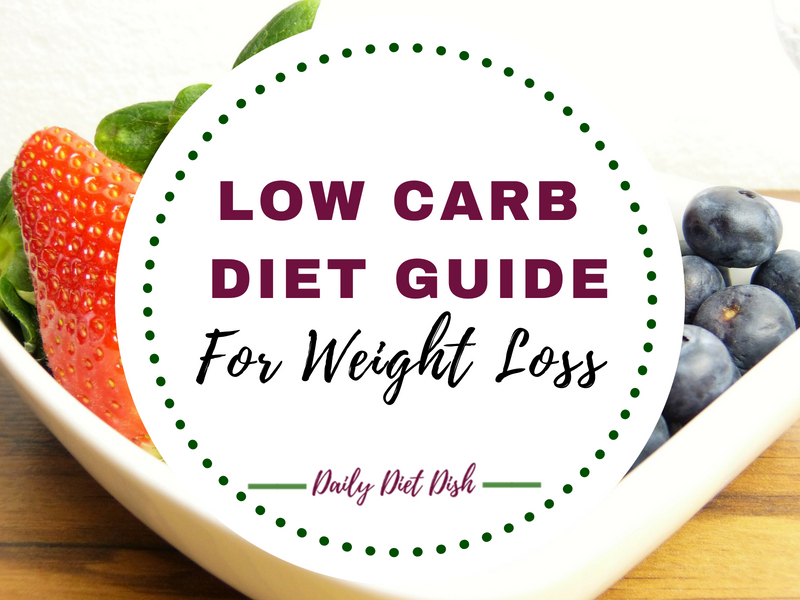Regardless of the debate, numerous research has been done on both. We’ve scoured medical journals from Harvard and other publications to prove that low carb diets are beneficial for your weight loss. This is especially true in the long term if you don’t want to depend on crash diets and food trends.
SO WHAT IS A LOW CARB DIET?

Carbohydrates are one of the 3 units of macronutrients that humans need for complete nutrition. The 2 other macronutrients, or macros, are fat and protein.
Traditionally, we are told to consume a diet that balances all three macros. This way, we get all the nutrients we need. This method of diversification should still hold, right?
Well, this was a good practice in the days when carbs were full of fiber and complex structures.
This fiber and complex carb structure would be enough to keep us full and give us the energy we need without overeating.
REFINED CARBS ARE ADDICTIVE
In this society, however, refined carb is king. From pizza, cakes, pasta, bread, spaghetti, tacos and so much more.
This is where the problem lies. We eat more carbs that have little or no use to our bodies. They break down into glucose really quickly compared to complex carbs. Glucose is the energy molecules that all carbohydrates are converted to during digestion for the body to use.
With the short period of time between eating, digestion, and the rapid consumption of carbs, we get hungry much faster.
Then what do we do?
We eat more.
This is bad.
Related: How I Survived Without Sugar For 3 Months
The low carb diet, simply put, seeks to reduce our carb intake. The diet puts us in a position to be more intentional with our food so that we can reduce inflammation, cravings, and get other benefits that we’ll talk about in a second.
The low carbohydrate diet can be moderately or strictly restrictive based on our diet goals and lifestyle.
But before you continue, please note that there is a big difference between low carb and low calorie.
What’s the difference, you ask? Simply put:
- Low carb lowers your carbohydrate intake. A carbohydrate is a food molecule that is broken down into glucose and used for energy (measured in grams)
- Low calorie lowers your overall calorie consumption. A calorie is the measurement of energy in the food.
So the carbohydrate is the food. The calorie is the amount of energy that your body gets from it.

WHY ARE LOW CARB DIETS SO POPULAR?
Simply because they work. You see, your health begins and ends in the kitchen.
Not all carbohydrates are created equally. And on a low carb diet, especially for weight loss, our goal is to reduce all of the low-quality carbs that defeat our purpose.
For example, let’s say that Meg weighs 188 pounds and loves to run a mile before work.
The calories she will burn will be around 140. She comes home afterward and decides to eat 2 slices of white toast. This toast will have :
- 20 grams of carbohydrates,
- 1 gram of fiber
- 106 calories
If she had decided to have a bowl of oatmeal, the game changes. The oatmeal contains:
- 27 grams of carbohydrate
- 4 grams of fiber
- 150 calories
- BONUS 6 grams of oatmeal
This oatmeal has 23 grams of complex carbs, plus protein and other nutrients, while the toast has no complex carbs and no health benefits.
Which do you think would be more sustainable for her long-term diet weight loss goals? The oatmeal.
Regular low carb diets work by replacing the refined carbs in your diet with more nutrient-dense carbohydrates.
These carbs mostly come from high-quality sources such as whole grains, fruits, and vegetables. This keeps you more satisfied and prevents overeating.
In other words, low carb diets are more beneficial for long-term weight loss.
TOP BENEFITS OF A LOW CARB DIET

So we now know what the diet is and how it works.
Remember earlier when we spoke about benefits of lower carb intake? We mentioned reduced inflammation and cravings. However, there are so many more benefits that you can get.
TOP TEN BENEFITS OF A LOW CARB DIET
- Reduced hunger
- Reduced sugar cravings
- Less need to count calories
- Faster weight loss
- Preserve lean muscle
- Decrease the risk of cardiovascular disease
- Reduce blood pressure
- Restore insulin sensitivity
- Increased energy levels
- Reduced inflammation
For more about the low carb diet benefits, you can read this post.
DIFFERENT TYPES OF LOW CARB DIETS
There are MANY low carb diets can range from severe to moderately restrictive. The ketogenic diet, also known as the keto diet, is the most restrictive form of low carb diet. The maximum carbs on the keto diet is 5-10% of your overall food intake. You can get the full ketogenic diet guide here.
The top 3 low carb diets are:
Typical/Moderate Low Carb Diet
- Less processed foods
- More whole grains, fruits, and vegetables
- Adequate protein
- Low fat
Low Carb Paleo Diet
- No grains
- No processed foods
- Whole fruits and vegetables
- Adequate, high-quality protein
- Moderate fat
Strict Low Carb Diet (Ketogenic Diet)
- Carbs are between 5-10% of daily calories
- Non-starchy vegetables
- Limited fruit
- Adequate protein
- More high-quality fat

WHICH LOW CARB DIET IS RIGHT FOR YOU?
Choosing the wrong low carb diet for weight loss can greatly impact your entire lifestyle in a negative way.
If you prefer not be too restricted to a very specific set of rules, but would like to lose weight consistently, you can go for the paleo or typical low carb diet.
If you have no problem with the rules and have the discipline to avoid foods that could break your ketosis, you should definitely check out keto. You can read the full guide here.
In any case, a low carb diet requires consistency and planning. We also benefit greatly when we choose quality foods over quantity.
Here are 7 ways to know if a low carb diet is right for you.
SO, HOW TO START A LOW CARB DIET?
You can start a low carb diet in 3 simple steps:
#1 Start with the end in mind- What are your weight loss goals?
It is not recommended to crash diet, but you can lose up to 10 (or more) pounds of water weight by eating the right foods.
For long-term weight loss, create a diet that you can stick to daily and watch the pounds drop, once you’re eating quality, whole foods, and drinking adequate water.
#2 Create a road-map. You can do this by considering the following:
- How many calories do you need to eat based on your goal?
- Where will you buy the food you need?
- What supplements will you need, if any?
- How will you cook on your new diet? Do you have the right equipment?
- What provisions will you make to travel or socialize on a low carb diet?
- A list of easy low carb recipes
- A list of easy low carb snacks like these
#3 Take the first step- buy the ingredients, buy the equipment you need, and start cooking.
To help you get started, here’s a list of 101 low carb foods for weight loss that can use as a resource.
For more information on the ketogenic diet, click here.
We hope this gave you some insights into your weight loss journey. Remember that it all comes down to consistency, quality foods, and the right mindset.

